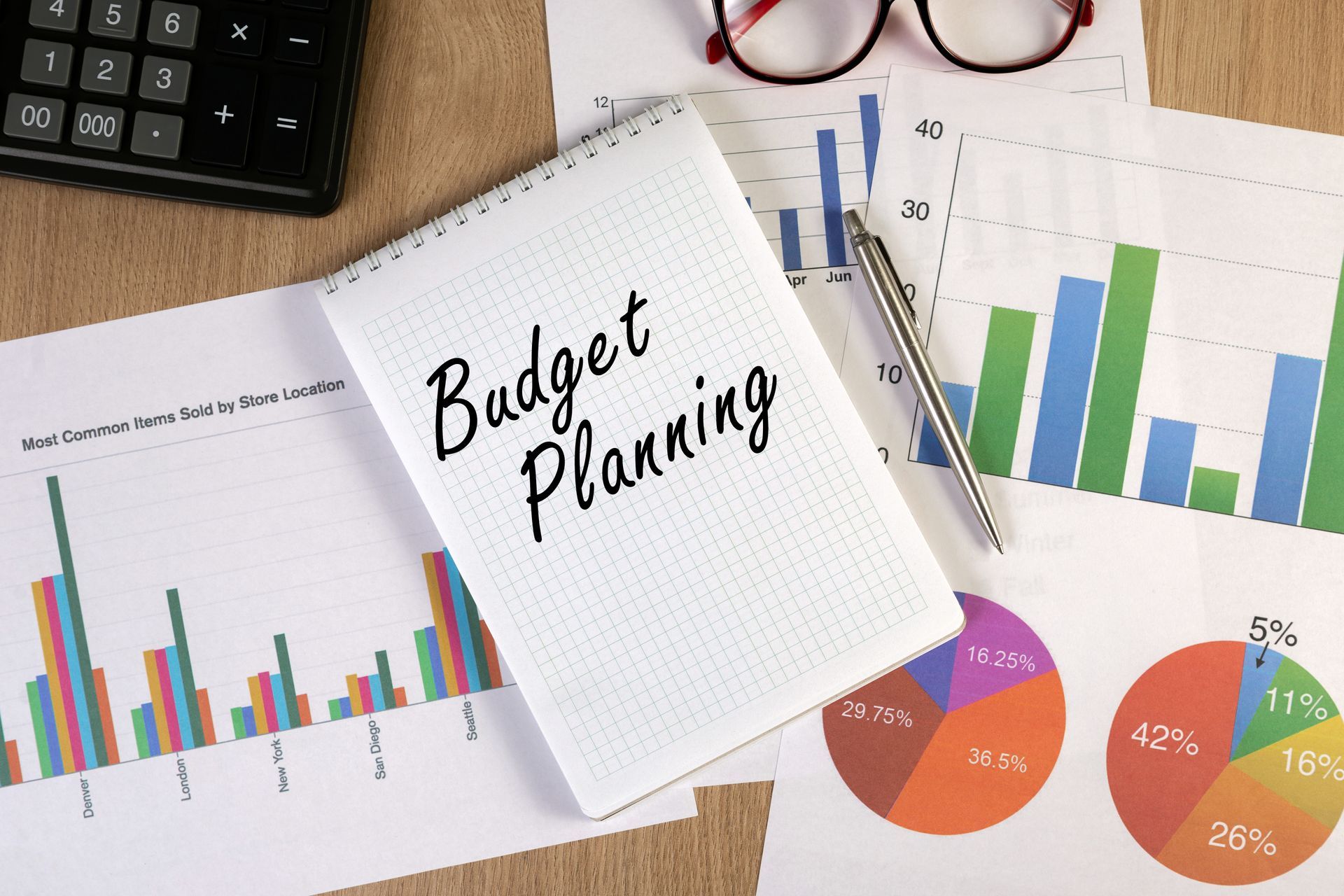Why Is Financial Literacy So Important?
“Money makes the world go ‘round,” as the saying goes.
It’s a necessity to have enough money for daily living and, hopefully, along the way have some extra money for special or luxury items that we all aspire to have. However, there are people who simply can’t manage their income or savings, which means it’s not uncommon for them to run into problems with debt or not having enough money to live on. Indeed,
financial literacy in Canada is surprisingly relatively low, with more than 60% of adults rating their financial knowledge as “fair” or “poor”.
However, there are ways to address this inability to manage money. Let’s have a look at what it means to be financially literate.
So, what is financial literacy?
Being financially literate means that a person has the ability to understand and effectively use various financial skills, including personal financial management. Then there is budgeting for, amongst other things, daily living expenses and, perhaps, investing.
A strong foundation of financial literacy can help support various life goals, such as saving for education or retirement, using debt responsibly or running a business.
Unfortunately, those who are not financially literate may run into problems with debt and are generally more vulnerable to financial fraud. This is becoming more commonplace, especially in today’s digital world.
Why being financially literate matters
There are many skills which fall under the umbrella of financial literacy. However, the most common example is household budgeting.
Ideally monthly household income should exceed expenditure so that the householder has some savings for non-essential items at the end of every month. These savings can be used to buy a new car, take a holiday or just buy that new luxury item you’ve always wanted.
Invariably, most people have a mortgage and, almost certainly, credit card debt. Learning how to manage and pay off debts effectively and evaluate the pros and cons between different credit and investment products is also becoming more important in the modern world.
Often, financial literacy skills require at least a working knowledge of key financial concepts — such as simple or compound interest and the time value of money. Given the importance of finance, lacking financial literacy can be very detrimental to an individuals’ long-term financial solvency.
A common question we receive is: “
What is the purpose of financial literacy
?”
One answer can be that the lack of such literacy can lead to a number of problems, both in day-to-day life but also when people look to invest their money in stocks and shares or real estate. Financially illiterate individuals are more likely to accumulate unsustainable debt burdens. This may either be through poor spending decisions or through a lack of long-term preparation. This can lead to permanently poor credit ratings, housing foreclosures when they can’t pay their mortgage or even business or personal bankruptcy.
As a result, the need for individuals to be financially responsible when faced with so many ways to spend money has become imperative.
How to improve your financial literacy
Learning and practicing a variety of skills related to budgeting, managing and paying off debts, and understanding credit and investment products is important for anyone wanting to improve their financial literacy. Some great ways to get started include:
- Effective budgeting:
Calculate and track all income you receive each month against how much you spend. Such a budget should include income such as salary or rent or dividends from investments. Add in fixed, regular expenses such as rent/mortgage payments, utilities or loan payments. Also be sure to include discretionary spending on non-essentials — such as eating out, shopping, travel and savings.
- Savings:
Whenever possible, set aside a fixed amount every month for savings
before
allocating funds to the rest of your expenses.
- Manage bill payment:
To avoid late payment penalties, make payments by automatic debits account or bill-pay apps and, if necessary, sign up for email, phone, or mail payment reminders.
- Debt: If you have major debts, reduce spending and increase repayment — especially for loans with highest interest rates. It’s also worth trying to renegotiate repayments, consolidate loans, or even join a debt-counselling program.
Contact Charles Ghadban Accounting Today
At
Charles Ghadban Accounting
, we have several years of experience of helping people get their financial affairs straight and improving their financial literacy. So, why not
get in touch with us
today and see how we can help?
Just give us a call or send an email to make an appointment to discuss your own financial requirements. We’ll be more than happy to assist!










